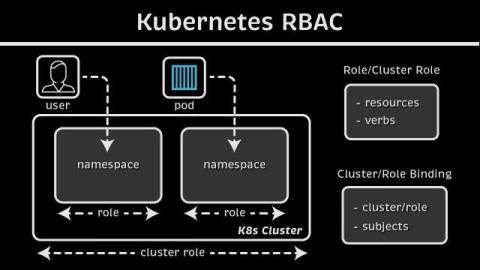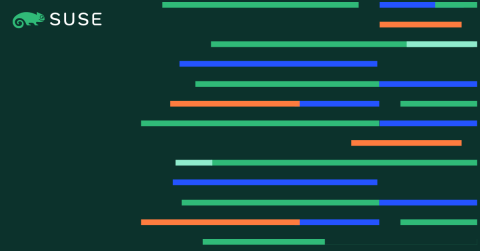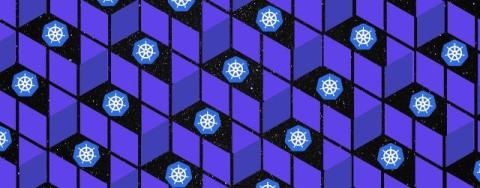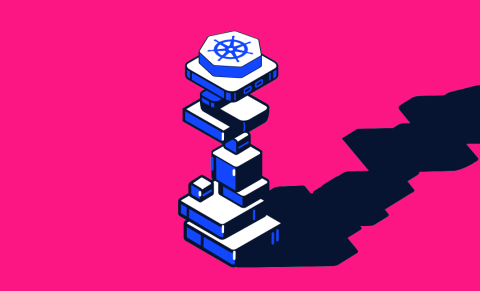Kublr Makes Kubernetes RBAC Easy Across Multi-Cloud Environments
Managing Kubernetes Role-Based Access Control (RBAC) across multiple clusters and clouds can be a complex challenge, especially for enterprises that require tight integration with existing identity management systems. Enter Kublr, a robust Kubernetes cluster management platform designed to simplify operations with its user-friendly interface, enterprise-grade features, and security-focused capabilities.











